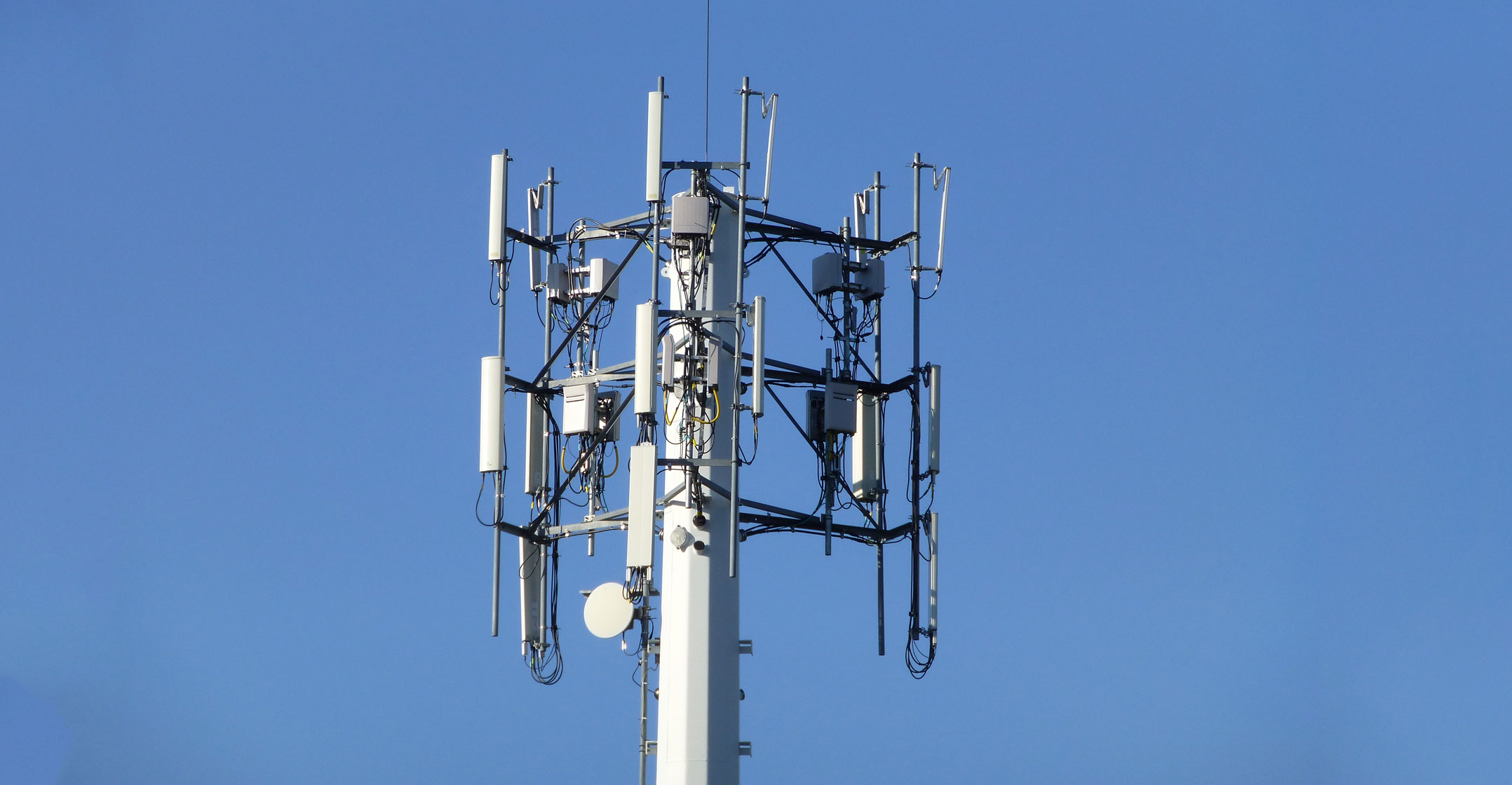
Civil society groups Media Monitoring Africa and the SOS Coalition have blasted government’s plan to create a wholesale open-access network, or Woan, saying in a submission to the department of telecommunications & postal services that the idea has “no sound basis in international good practice” and, if implemented as planned, will harm the sector.
Government wants to create a Woan, in which private-sector operators invest, but the plan has drawn heavy fire over plans to allocate most if not all remaining mobile broadband spectrum to the new operator, in the process possibly creating a new infrastructure monopoly. The telecoms department has defended the plan, saying it’s needed to reduce infrastructure duplication and encourage competition at the services layer of the industry.
The plan has been criticised by the global mobile industry association, the GSMA, as well as the Democratic Alliance, the Free Market Foundation, Research ICT Africa and incumbent network operators MTN and Vodacom, among others. Telkom has welcomed the plan, while the Internet Service Providers’ Association is also broadly supportive of the draft legislation.
The telecoms department will this week host a two-day workshop in Pretoria where it will hear oral presentations from industry players on the bill. The department has already received a wide range of written submissions on the bill, including a joint submission from Media Monitoring Africa and the SOS Coalition.
“SOS and MMA are of the opinion that the state, given the failed experiment of granting Telkom a services and infrastructure monopoly in return for roll-out, and given the failure of Broadband Infraco to make inroads into the market, needs to invest properly, alongside the private sector, to ensure that South Africans have access to affordable, fast and quality electronic communications infrastructure, services and content,” the organisations said in their submission.
“What is needed is not another licence. What is needed is appropriate and effective regulation of existing licensees by (communications regulator) Icasa, and a commitment by the state to invest properly, through existing state-owned entities such as Broadband Infraco, Telkom and Sentech, which have all the necessary licences, in rolling out infrastructure.”
They said that unlike the enforcement of effective interconnection, facilities-leasing and open-access regulations (including local-loop unbundling), a Woan has no sound basis in international good practice. Pushing ahead it is, therefore, “highly risky” and an “untried experiment”.
Reports cast doubt
“Several reports by the GSMA have cast doubt on the viability of the single wholesale network model as opposed to competition (both network and services) and on its limited track record anywhere in the world,” they said. “While it is true that network deployment is under way in Rwanda (with the contract awarded to Korea’s KT Corp) and belatedly in Mexico (with the contract awarded to Nokia), the viability of the model is still to be tested. Several other independent researchers share this scepticism.”
South Africa would be “ill-advised to embark on such a single wholesale open-access network experiment in the face of considerable international scepticism as to its workability and prospects for success”, MMA and SOS added. “This is particularly so when our own network licensees have already rolled out an infrastructure that is arguably among the best on the continent.”
What is required is a strong regulatory commitment to providing affordable universal access and service to infrastructure, services and content so that South Africans may reap the social, economic benefits and cultural benefits of the broadband Internet, including the informational benefits of broadcasting, they said.

A further problem, they said, is that the bill is “extremely vague” on who will get the licence for the Woan and whether existing operators will have to forgo their licences to participate in the new entity.
“We are concerned that no feasibility or market study appears to have been undertaken before embarking on the wholesale network model. One would have thought that the introduction of a major new licence and licence category would have required a proper, detailed feasibility study,” they added.
“The required socioeconomic impact assessment system report on the (ICT policy) white paper (the precursor to the amendment bill) does not go nearly far enough and gives scant attention to the market feasibility of the Woan.”
In their submission, MMA and the SOS Coaliation also argue that the bill risks introducing a new monopoly in the telecoms sector.
“Pricing, albeit ‘cost based’, may remain inflated in the absence of competition,” they said. “Service levels, quality of service and customer-centricity may be de-incentivised and thus suffer in the absence of competition. We also need to note that costs saved through avoiding unnecessary duplication of infrastructure come at the price of a lack of network redundancy and of susceptibility to network failure.”
Rather than pursuing the Woan route, Icasa should use its “significant powers” to enforce open access, they said. Provisions in the bill often repeat the powers that Icasa already has or, worse, make such powers “unworkable”. They also “give the impression that the executive (arm of government) seeks to claw back powers vested exclusively in Icasa”.
“Icasa’s facilities-leasing regulatory regime appears to be working well and requires no amendment, particularly not amendments that introduce confusion and conflicting obligations. What is required, if anything, is for parliament to ask more searching questions regarding Icasa’s capacity requirements for the task of overseeing its facilities-leasing regime, including in respect of imposing pricing terms.” — © 2018 NewsCentral Media




